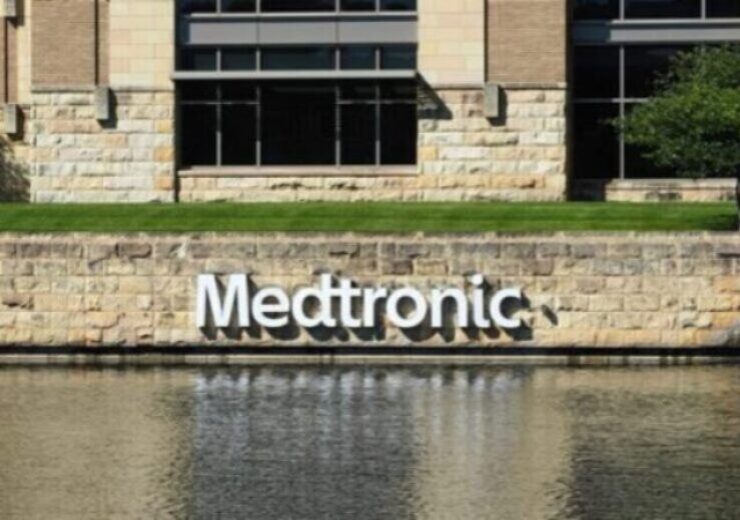The SenSight directional DBS lead system is said to seamlessly work with certain Medtronic neurostimulators

Medtronic has secured CE mark approval for SenSight directional lead System for DBS therapy. (Credit: Medtronic)
Medical technology company Medtronic has secured CE mark approval for its SenSight directional lead system for deep brain stimulation (DBS) therapy to treat symptoms associated with movement disorders and epilepsy.
DBS is a therapy in which a small pacemaker-like device transfers electrical signals via very thin wires called leads to a targeted area in the brain related to symptoms.
The SenSight directional DBS lead system is said to seamlessly work with certain company’s neurostimulators such as the recently-approved Percept PC neurostimulator.
The system, which will help improve identification of local field potentials (LFPs), delivers directional stimulation to offer individualised and patient-specific data plus additional programming features to tailor therapy for patients.
By taking the support of clinicians, Medtronic engineers have developed each component of the SenSight system to meet customer and patient requirements.
SenSight directional lead systems have been first implanted at the University Clinic of Würzburg and Grenoble Alpes University Hospital by multi-disciplinary teams, said the company.
The US Food and Drug Administration is currently evaluating the SenSight directional lead system to grant approval.
Medtronic neuroscience portfolio’s neuromodulation business brain modulation general manager and vice president Mike Daly said: “Medtronic has been driving innovation in DBS therapy for more than 25 years and the approval of the SenSight directional lead system in the EU is our latest contribution to the quest for improved patient experiences and clinical outcomes.
“Our commitment to evolving DBS therapy is unwavering and we look forward to introducing additional advancements in 2021 and beyond.”
At present, DBS therapy is approved in multiple locations across the globe, including the US and Europe, to treat recent and longer-standing Parkinson’s disease, essential tremor, primary dystonia, the disabling symptoms of epilepsy and treatment-resistant obsessive-compulsive disorder.
In January this year, Medtronic started the trial of its adaptive deep brain stimulation (aDBS) therapy with Parkinson’s disease (PD) patients.
